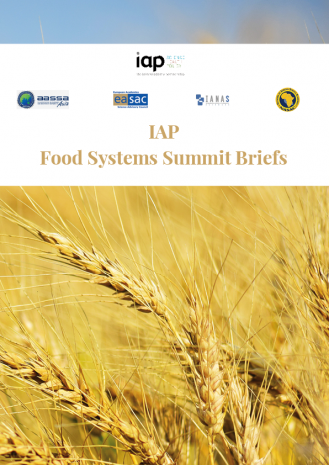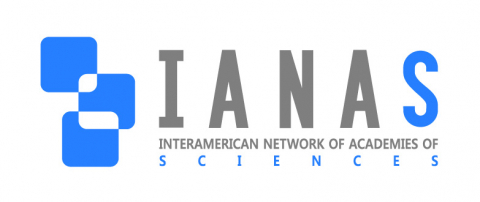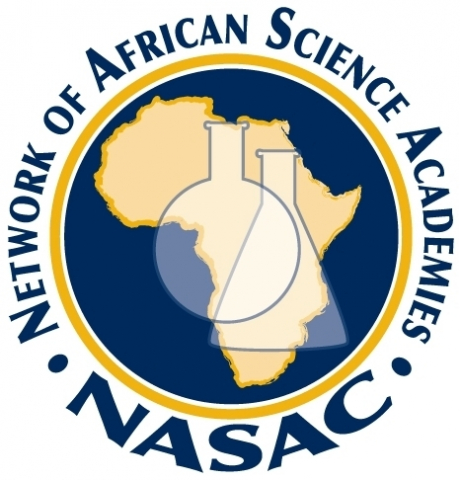The UN Food Systems Summit (UN FSS) provides a very important collective initiative to identify and assess the scientific opportunities for transforming food systems. Although much progress had been made in past decades, the global prospects for food and nutrition security are now worsening and are being exacerbated by the concurrent crises of the COVID-19 pandemic and climate change.
Nonetheless, it is also now possible to capitalise on unprecedented scientific advances. The InterAcademy Partnership (IAP), the global network of more than 140 academies of science, engineering and medicine, published a report in 2018 on the opportunities and challenges for food and nutrition security and agriculture. Our global synthesis report was informed by four regional reports by academy networks in Africa (NASAC), Asia-Pacific (AASSA), the Americas (IANAS) and Europe (EASAC). These reports highlighted the importance of taking a transdisciplinary approach to food systems and encompassing multiple steps from growing through to transport, retail, consumption and recycling. Furthermore, all agreed that in the transformation of food systems towards social, economic and environmental sustainability, it was also essential and urgent to take account of pressures on other natural resources such as soil and water, and the of continuing objective to avoid further damage to biodiversity.
Earlier in 2021, IAP greatly welcomed an invitation from the UN FSS Scientific Group to contribute regional and global Briefs, updating material selected from our previous reports. These were published by the UN FSS two months ago. We now bring these Briefs together in a single volume as a resource to help stimulate further discussion and action, in the run-up to the Summit and afterwards. Taking account of regional similarities and differences, we evaluate a wide range of scientific opportunities that can contribute strongly to tangible progress in transforming food systems; that can be mapped on to the UN FSS Action Tracks; and that can inform the identification and introduction of game changers. Taken together, the many recent scientific advances and further achievements now coming within reach, constitute a core resource to stimulate innovation, guide practice and inform policy decisions. We thank the authors of the Briefs, and the experts they consulted, for their continuing commitment to these timely and important topics and for ensuring that the distinctive approach of IAP adds value to the work of many other groups in this area. We also thank our regional academy networks, AASSA, EASAC, IANAS and NASAC, and our IAP colleagues for their enthusiastic and sustained support for this major IAP project.
The issues raised by the UN FSS, vitally important to us all, require considerable further effort in transdisciplinary, cross-sectoral and cross-boundary partnerships. We affirm that IAP and its members are keen to continue our work at the science-policy interfaces and to use our experience and motivation at national, regional and global levels to engage with all stakeholders. We greatly welcome feedback on any of the issues discussed in this volume.





